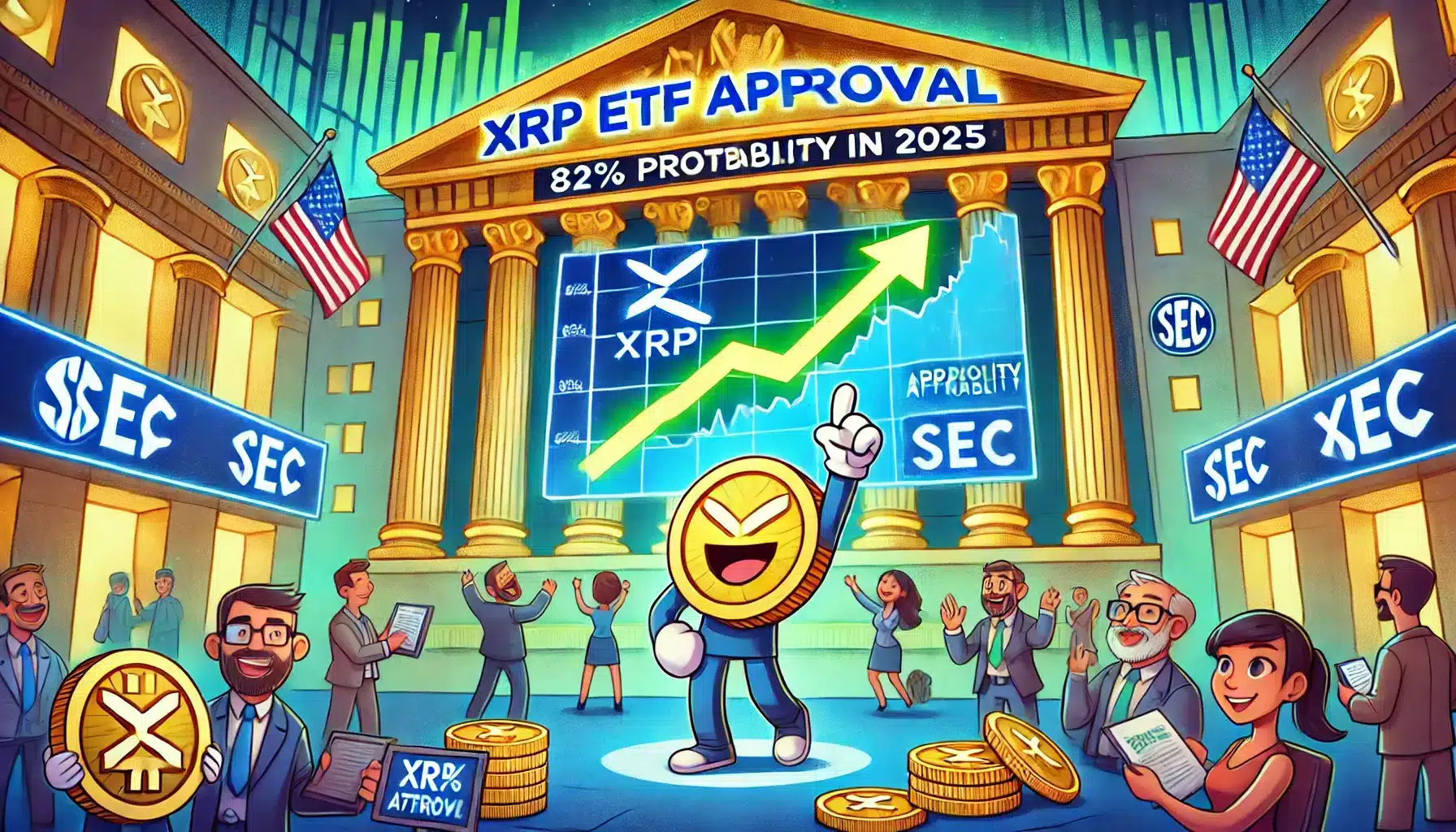Brazil has officially launched the world’s first spot XRP Exchange-Traded Fund (ETF), setting a new benchmark for global crypto innovation. Meanwhile, Argentina continues to deepen its reliance on cryptocurrencies as citizens turn to digital assets amidst spiraling inflation and economic uncertainty.
Brazil Breaks New Ground with Spot XRP ETF
Brazil’s main stock exchange, B3, has listed the Hashdex Nasdaq XRP Index Fund under the ticker XRPH11, making it the first spot XRP ETF to be available anywhere in the world. The fund, managed by Hashdex Asset Management and administered by Genial Investimentos, tracks the Nasdaq XRP Reference Price Index and aims to allocate at least 95% of its assets directly into XRP tokens.
The move followed approval from the Brazilian Securities and Exchange Commission (CVM) in February 2025, demonstrating Brazil’s progressive stance toward digital assets. The new XRP ETF provides a regulated investment pathway for sophisticated investors to gain direct exposure to XRP, eliminating the need to manage wallets or private keys.
Industry analysts believe Brazil’s pioneering effort could prompt other countries, including the United States, to reconsider their cautious approach toward crypto-based financial products.
“Brazil is setting a precedent that could reshape how institutions globally approach cryptocurrencies like XRP,” noted a report by CryptoSlate.

The launch comes shortly after Hashdex introduced the first Solana ETF, reinforcing Brazil’s leadership role in innovative crypto adoption within regulated markets.
Argentina Turns to Crypto Amid Inflation Crisis
While Brazil pioneers regulated crypto investment vehicles, Argentina’s citizens are increasingly turning to cryptocurrencies as a lifeline against rampant economic instability.
With annual inflation rates surpassing 276% and the Argentine peso losing significant value, millions of Argentinians are adopting digital assets like Bitcoin, stablecoins, and XRP to preserve their purchasing power. According to Forbes, Argentina ranks as one of the top countries globally for crypto adoption, with over 2.5 million monthly visitors to major cryptocurrency exchanges.
A Chainalysis report highlights that Argentina led Latin America in cryptocurrency transaction volume in 2023, with more than $91.1 billion received over a 12-month period.
The Argentine government is also taking steps to bring crypto holdings into formal frameworks. Recent policies include tax amnesty initiatives allowing undeclared crypto assets up to $100,000 to be regularized without penalties — a move designed to align with international financial transparency standards, according to Reuters.
As traditional financial systems continue to falter under economic pressure, crypto assets have become not just an investment tool but a necessity for everyday financial survival in Argentina.

What It Means for the Global Crypto Landscape
Brazil’s approval of the XRP spot ETF signals that global crypto adoption may be entering a new phase — one where regulatory clarity and financial innovation coexist. As Brazil charts a new course for institutional crypto investment, its move could influence major economies to fast-track approvals for similar products.
Meanwhile, Argentina’s economic crisis illustrates the real-world applications of crypto as a hedge against fiat currency failures — a narrative that is likely to gain traction as inflation and financial instability continue to affect emerging economies worldwide.
At the time of writing, XRP is trading at $2.28, reflecting market optimism surrounding Brazil’s ETF launch and renewed institutional interest.
| Asset | Price (USD) | 24h Change | 7d Change |
|---|---|---|---|
| XRP | $2.28 | +4.58% | +12.4% |
(Source: CoinMarketCap, April 28, 2025)
Institutional Appetite for Crypto Grows Beyond Bitcoin
The launch of Brazil’s XRP ETF highlights a broader trend: institutional investors are increasingly seeking exposure beyond Bitcoin. With Ethereum spot ETFs already gaining momentum in some regions and now XRP entering regulated financial products, the diversification of crypto investments is accelerating.
Financial institutions recognize the evolving maturity of blockchain ecosystems like Ripple, which offers real-world payment solutions for banks and enterprises. This signals a new era where assets beyond Bitcoin could dominate portfolios, reshaping institutional strategies toward multi-asset crypto holdings.
Conclusion
Brazil’s launch of the first-ever spot XRP ETF marks a monumental step for cryptocurrency’s journey into traditional finance. At the same time, Argentina’s grassroots embrace of crypto underlines the essential role digital assets are playing in everyday life for millions. Together, these developments in Latin America showcase a region that is not only adapting to cryptocurrency but leading the way.
As regulatory frameworks tighten and economic challenges mount globally, the lessons from Brazil and Argentina could shape the next phase of worldwide crypto adoption.
FAQs
What is the Hashdex Nasdaq XRP Index Fund?
It is the world’s first spot ETF for XRP, launched on Brazil’s B3 exchange, directly backed by XRP holdings.
Why is Brazil’s XRP ETF significant?
It provides a regulated path for institutional investors to gain direct XRP exposure, setting a global precedent.
How is Argentina using cryptocurrencies?
Amid soaring inflation, Argentinians are turning to Bitcoin, stablecoins, and other digital assets to protect their savings.
What impact could Brazil’s XRP ETF have globally?
It could pressure other regulators, especially in the U.S., to approve similar crypto-based financial products.
Glossary
ETF (Exchange-Traded Fund): A type of investment fund traded on stock exchanges, much like stocks.
Spot ETF: A fund that directly holds the underlying asset instead of using futures contracts.
XRP: A cryptocurrency created by Ripple Labs, designed for fast and cost-efficient cross-border payments.
Stablecoin: A type of cryptocurrency pegged to a stable asset, such as the US dollar.
Inflation: The rate at which the general level of prices for goods and services rises, eroding purchasing power.





















